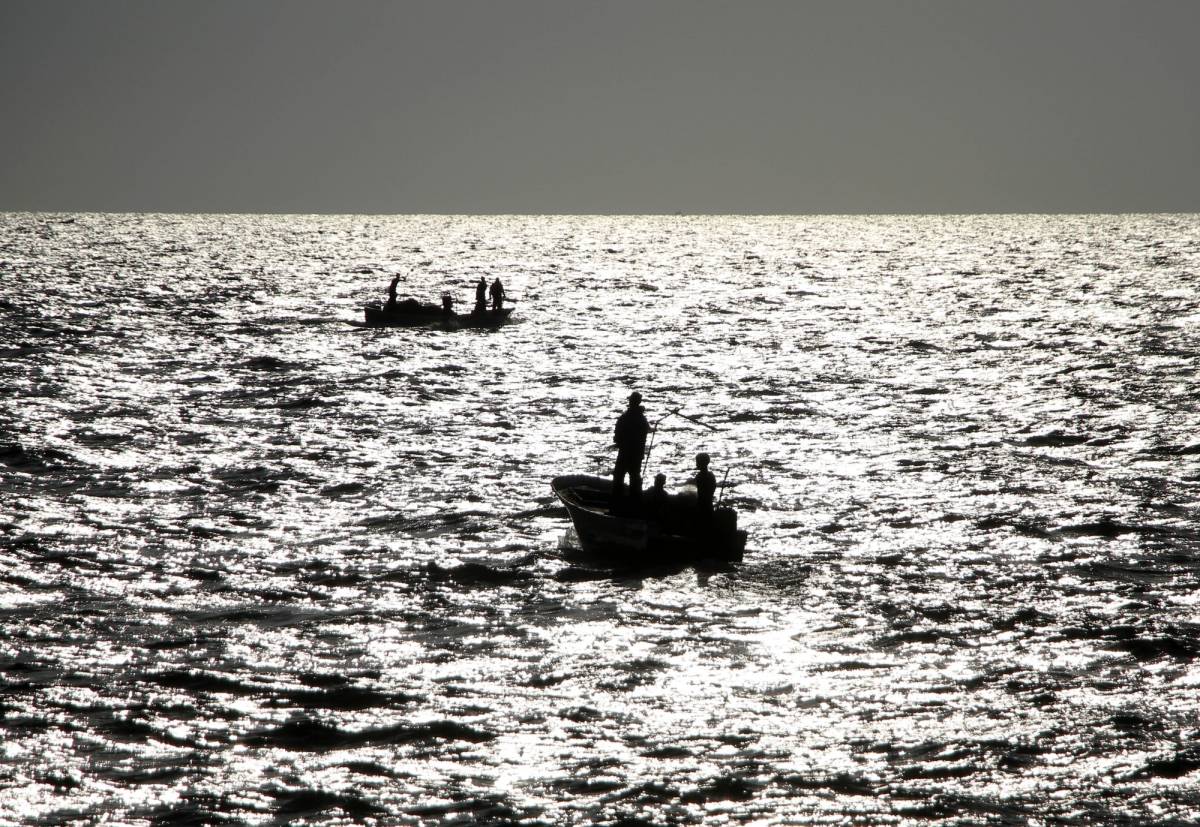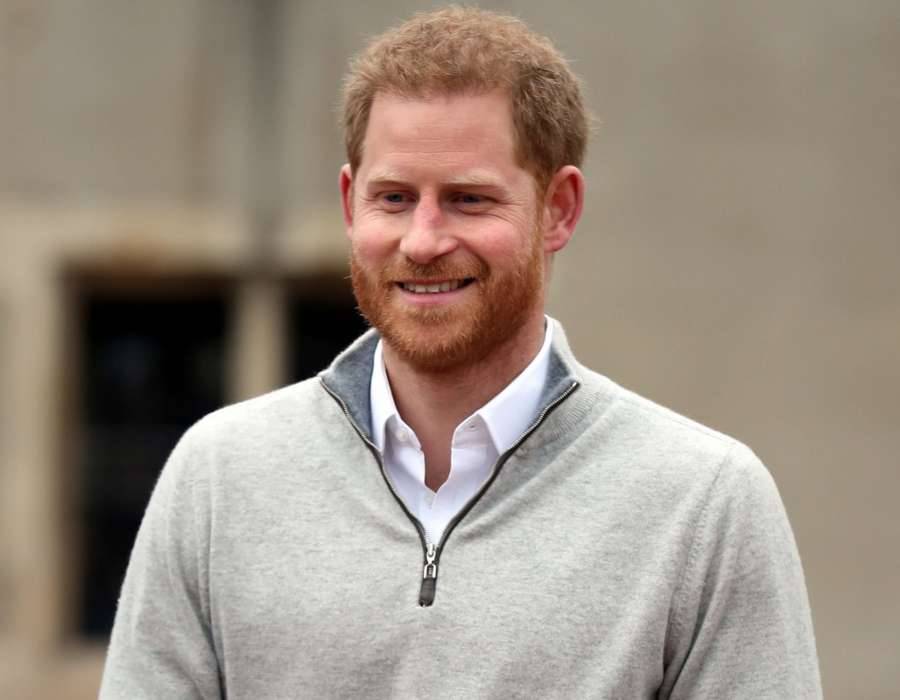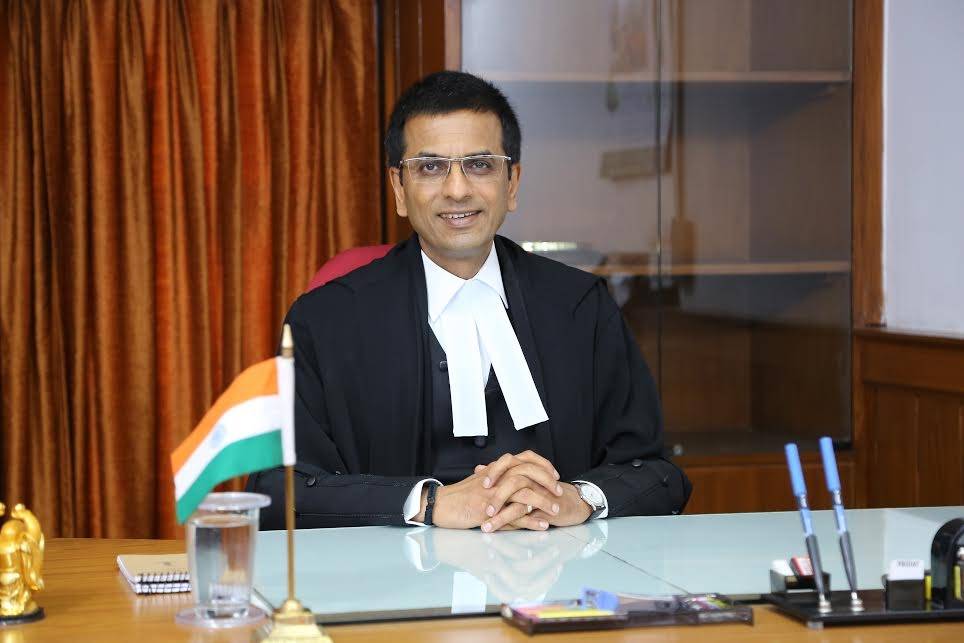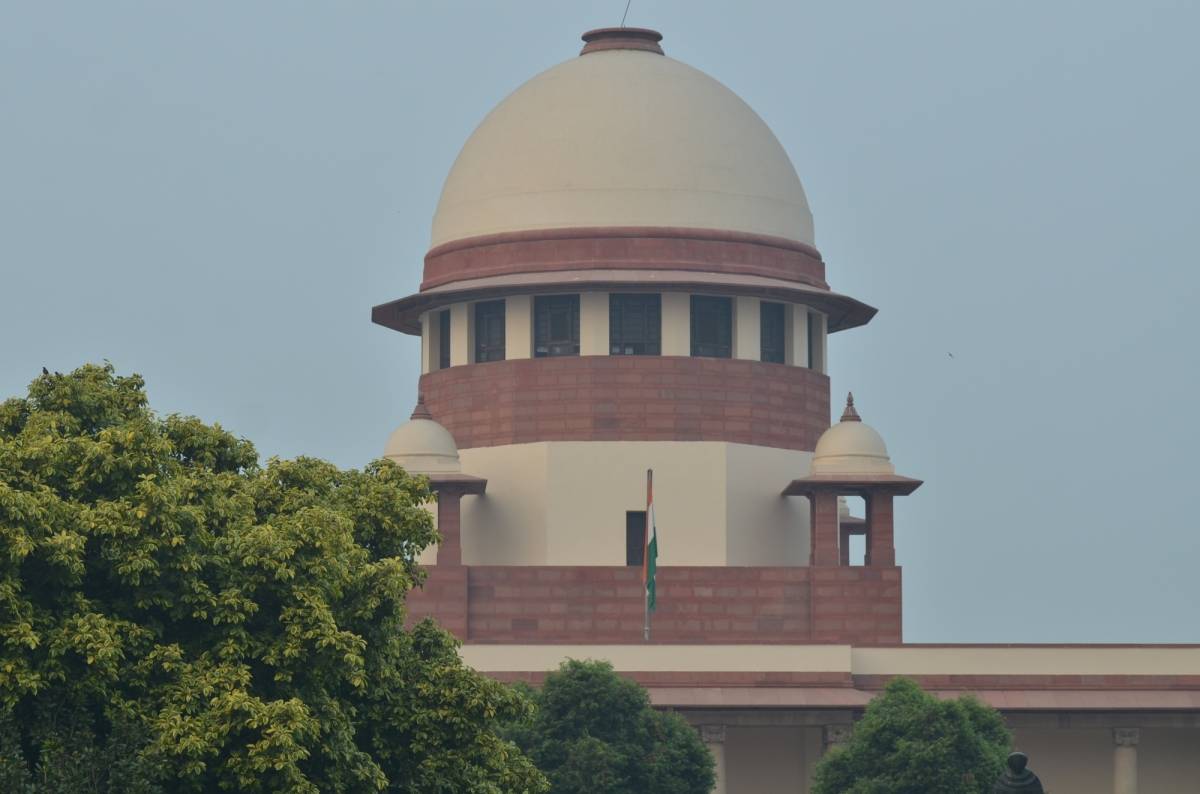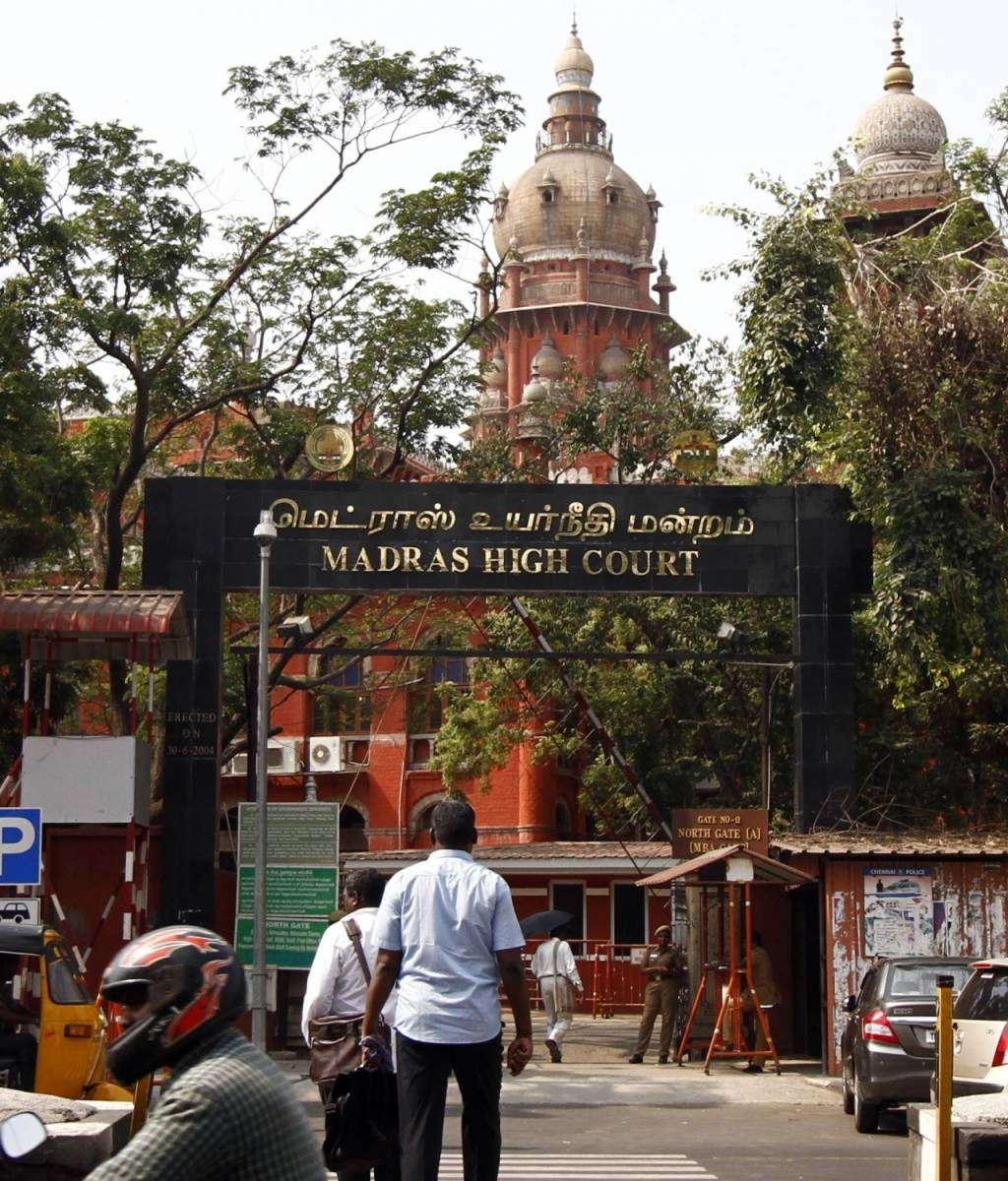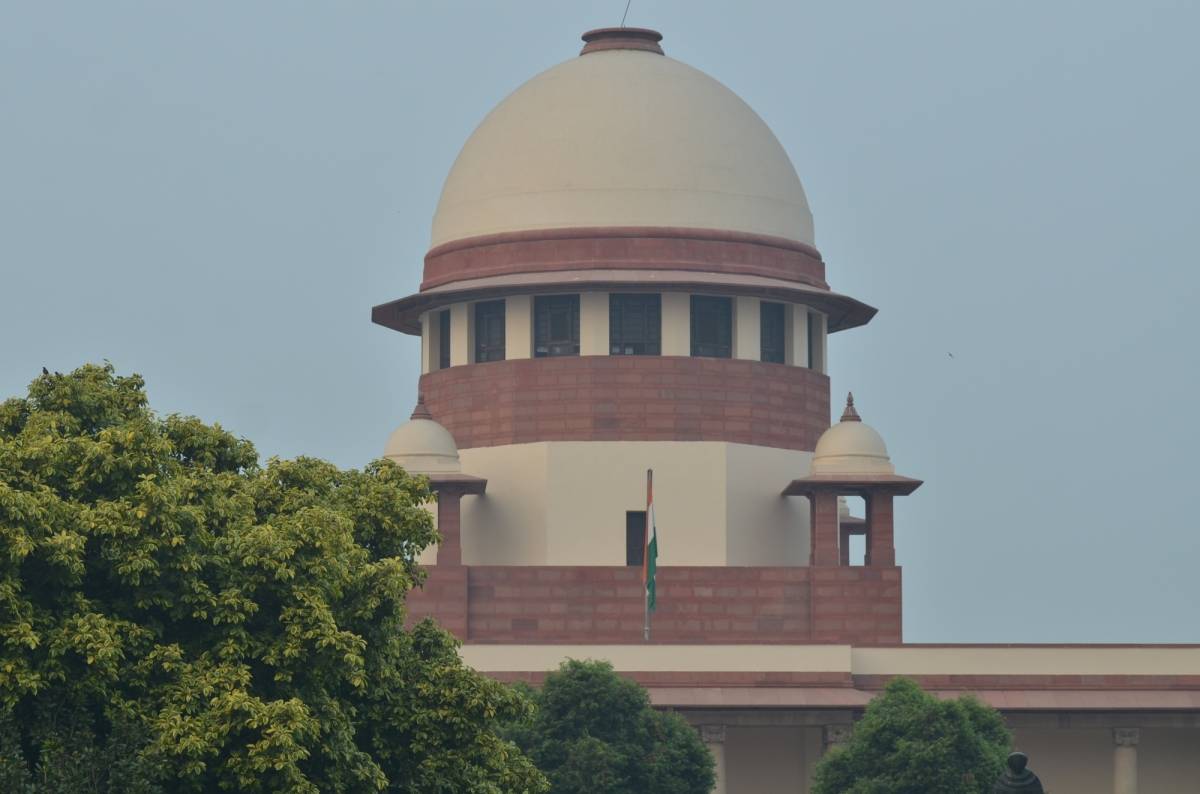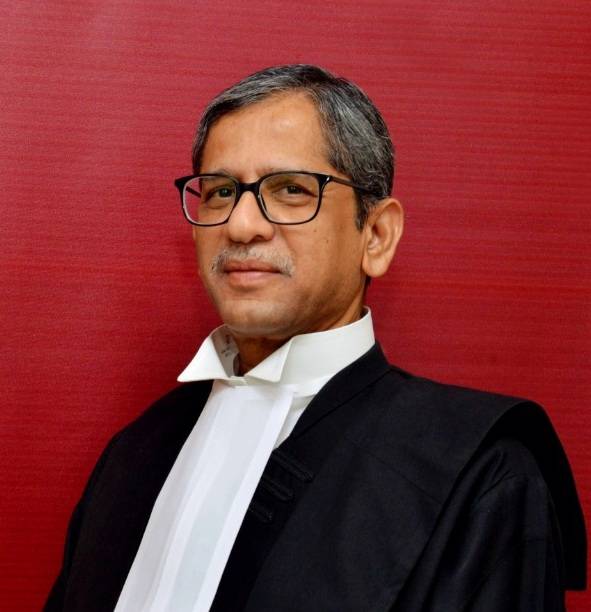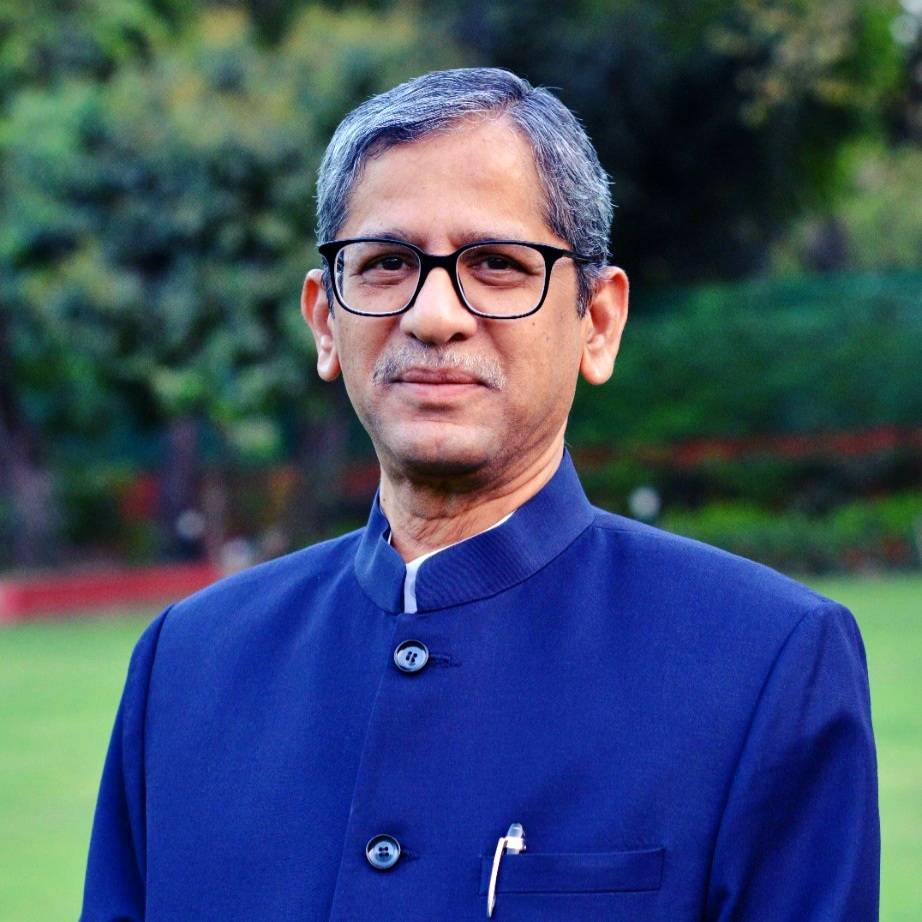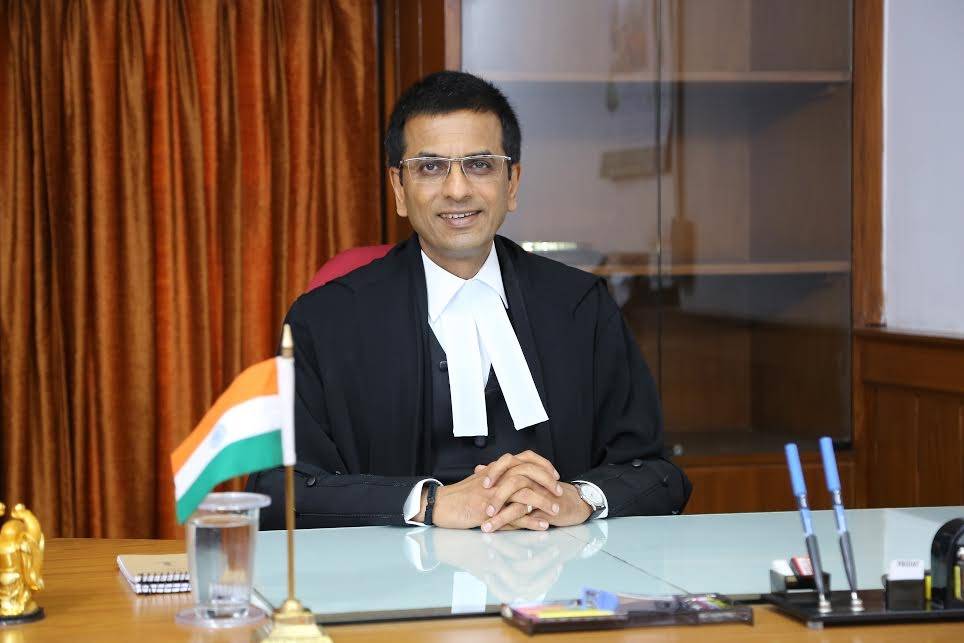It is thought that as many as 67 people could have been jailed for such offenses. Many of those wrongly jailed will already have served all or the majority of their sentences…reports Asian Lite News
Seven asylum seekers in the UK have had their convictions quashed after being wrongly jailed for steering small boats across the English Channel.
Their case was thrown out on Tuesday over an “error of law” that saw five others have their convictions thrown out late last year for the same activity.
Lord Justice Edis found in those cases that the Home Office and Crown Prosecution Service had “misunderstood” the law, and that a “heresy about the law had been adopted” and then conveyed to “those who were investigating these cases, and passed on to those who prosecuted them.”
Two more such cases are known to be heard by courts later this year, though a higher number of wrongly convicted asylum seekers are believed to exist. Each must submit their own individual appeal before their cases can be quashed.
It is thought that as many as 67 people could have been jailed for such offenses. Many of those wrongly jailed will already have served all or the majority of their sentences.
Nima Bari, an Iranian man who was jailed for three years in January 2021 and falsely labeled a “small boat people smuggler” by the Home Office, said: “I lost 20 months of my life for no reason.”
Bari was cleared of facilitating illegal entry by steering a boat, but he must take further legal action to overturn a separate charge of entering the UK illegally himself because he mistakenly pleaded guilty.
The other men who had their convictions quashed were Altaib Mobarak, Mohammed Naeemaee, Amir Keshavarz, Khedr Mohamed, Mohsen Babakhani and Sayed Hossein Daroubord — their nationalities are not known, but many appear to have Iranian names.
Speaking during Tuesday’s ruling, Lord Justice Edis said these seven convictions were “in all relevant respects indistinguishable” from those who had their convictions similarly quashed last year,” adding: “In each, the crown court proceeded on an error of law.”
The last ruling he was referring to deemed that “an asylum seeker who merely attempts to arrive at the frontiers of the United Kingdom in order to make a claim is not entering or attempting to enter the country unlawfully.
“Even though an asylum seeker has no valid passport or identity document or prior permission to enter the United Kingdom this does not make his arrival at the port a breach of an immigration law.”
The government has struggled to deal with a growing number of asylum seekers arriving via the English Channel, and the arrivals have become a hot-button issue in certain sections of the public.
Home Secretary Priti Patel’s Nationality and Borders Bill aims to curb arrivals with an array of changes to immigration law.
The bill would also increase the maximum sentence for the offense of assisting unlawful immigration to life in prison, and raise the penalty for illegal entry from six months to four years.
Patel continues to label all Channel crossings as illegal, despite the growing number of court judgments that suggest otherwise.
ALSO READ-Boris assembles new cohort of business leaders to turbocharge economy

